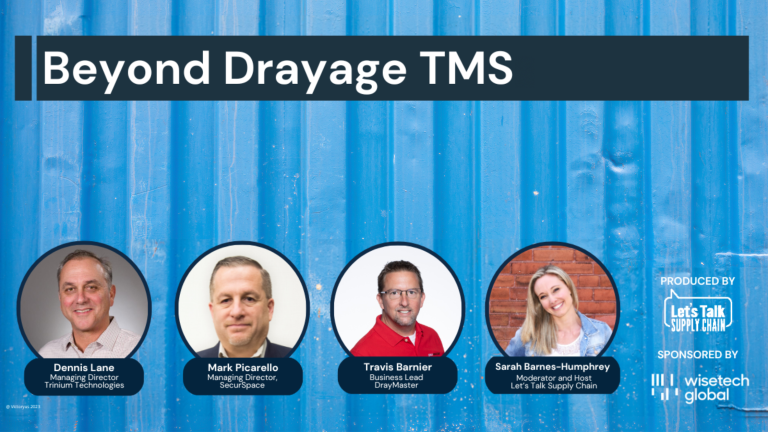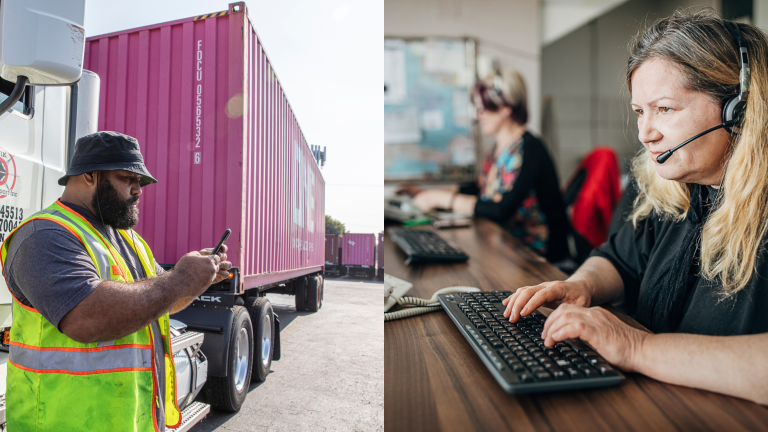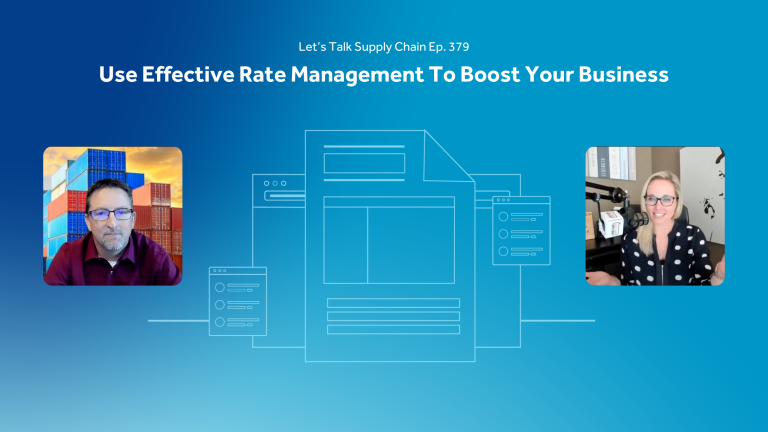Drayage rate quotes are complex.
Some charges are known upfront, while other fees might apply depending on the situation. Many drayage companies quote only line haul rates and fuel surcharges, with other fees showing up later on the invoice – causing disputed invoices and delays.
Some charges are known upfront, but other fees can apply depending on the situation.
KNOWN CHARGES
These are common fees that are known when the quote is accepted:
- Line Haul Rates
- Fuel Surcharges
- Terminal Charges specific to the location where the cargo is either dropped or recovered
- Chassis Positioning, Return and Rental
- Overweight, Hazardous or Reefer
- Tolls
UNKNOWN CHARGES
These are few examples of common fees that may be unknown when the booking is made:
- Chassis Split/Repositioning
- Demurrage
- Detention/Driver Delay
- Layover
- Storage
- Yard Pull/Pre Pull
In order to understand the complete costs and compare quotes apples-to-apples, 3PLs, brokers & freight forwarders need to ask all the relevant questions to be certain that you’re being quoted all of the charges.
QUOTING EXAMPLE
You receive drayage quotes from three competitors and one’s $75 less than the others. You choose them. When the invoice comes, the charge is $100 more than the quote. When you inquire about it, you are told that was for the bridge toll – “Everyone knows you have to pay for tolls, right?”
Looking back at the details of the other competitors quotes, you see they included the $100 toll cost, but the company you used did not have it on the quote. Instead of saving $75, you ended up spending $25 more even though the toll charge should be known upfront.
The trick is to get the “known” charges included in the quote and estimates of the “unknown”. That’s not always easy when you are constantly emailing many companies for quotes, so using an automated drayage rate management system like DrayMaster provides rate transparency, for comparing apples-to-apples quotes — so you can work faster and smarter.




